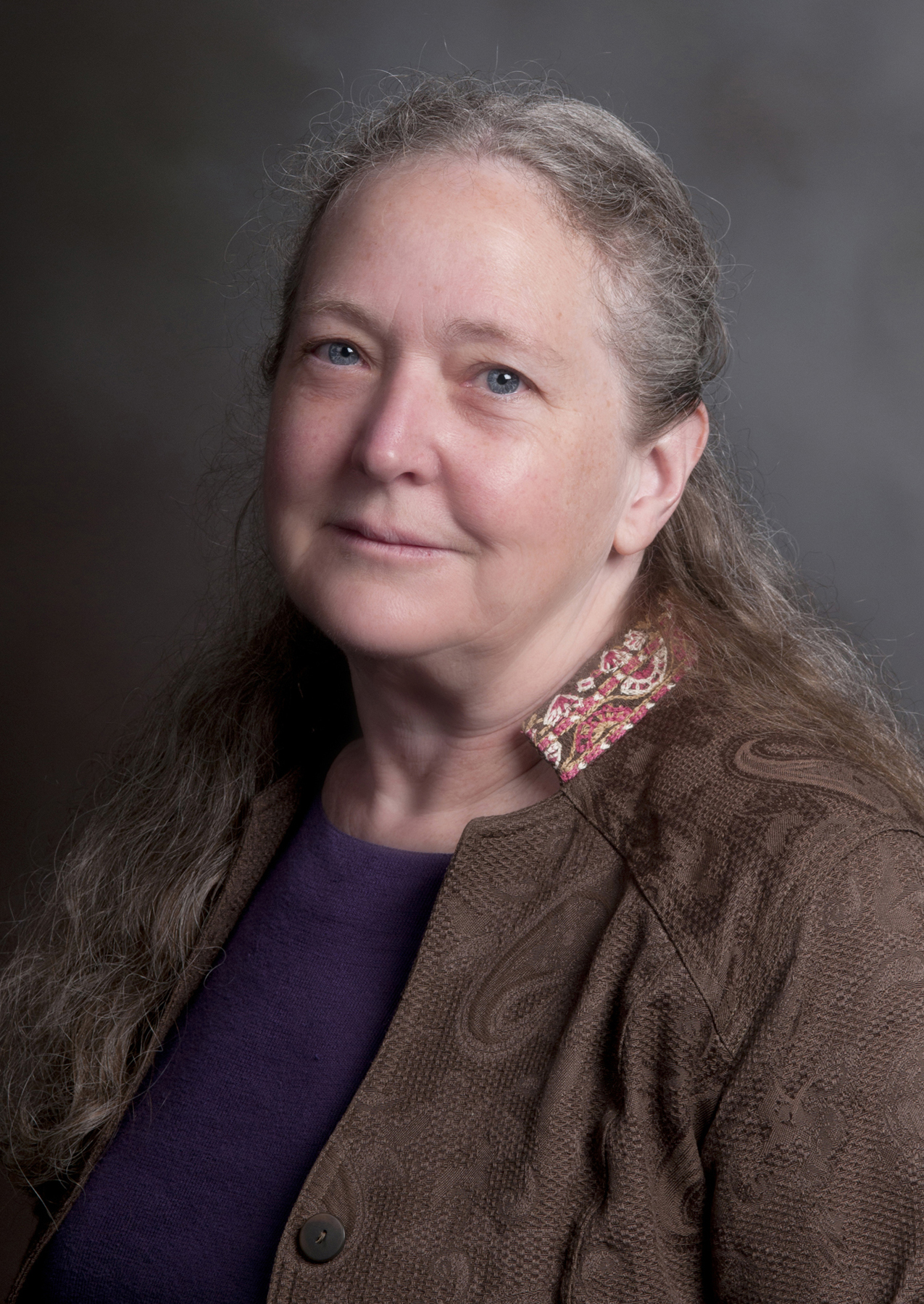Kathleen Meehan named university program strategic advocate by Analog Devices

Kathleen Meehan, associate professor, Bradley Department of Electrical and Computer Engineering, Virginia Tech is one of four professors named by Analog Devices Inc. (ADI) as a strategic advocate to the ADI University Program.
Strategic advocates serve as distinguished advisors who provide insight and guidance to Analog Devices’ ongoing mission to promote and support hands-on, active learning at engineering universities throughout the world.
Launched in March 2012, the Analog Devices University Program was created with Digilent Inc. and leading educational institutions to enhance engineering students’ educational experience with portable analog design kits, course materials, and online support to allow students to experiment quickly and easily with advanced technologies. Students can also use these kits to design, build, and test real-world, functional analog circuits anytime and anywhere.
Meehan is one of the Virginia Tech College of Engineering faculty members who developed a hands-on electronic learning and exploration tool called Lab-in-a-Box. Analogous to a portable lab bench, students can use this analog design kit with a personal computer at home. Robert Hendricks of materials science and engineering wrote the lab manual.
This innovation “allows many more engineering students to experience the thrill of hands-on learning when conducting their lab assignments or when experimenting with their own circuit designs as curiosity strikes. This flexibility is important today,” Meehan said.
“By moving the lab out of the classroom with experiments designed so that the students can work on them from any location, and if you offer tutorials online to assist students as they work, then there is no limit to the number of students who can enroll in the lab. We developed this premise out of necessity,” Meehan explained.
With about 750 undergraduates enrolled in the circuits and electronics laboratory courses at Virginia Tech, and just 32 seats between the two circuits and electronics laboratory classrooms per semester, almost 50 lab sections would have to be scheduled. The task proved impossible. There were not enough hours in a week, let alone the budget for all of these labs.
Virginia Tech’s Lab-in-a-Box kit includes a multimeter, USB-powered oscilloscope, powered circuit trainer with an attached breadboard, and electronic components. With the support of corporate leaders such as Analog Devices Inc., the cost of basic analog design kits ($99-$199) is about the same as a textbook. “And, the kit keeps getting better as these companies improve the equipment. Plus, some of the companies provide engineering expertise and free online educational material for students and faculty,” Meehan added. “Because of the positive response that we have received from our students, we are making our tutorials available for use to help other schools adopt this approach to labs.”
Joining Meehan as a strategic advocate for Analog Devices are: Robert Bowman, professor of electrical and microelectronic engineering at the Kate Gleason College of Engineering at Rochester Institute of Technology; Kenneth Connor, professor, Department of Electrical, Computer, and Systems Engineering, education director of the Smart Lighting Engineering Research Center and director of the Mobile Studio Project at Rensselaer Polytechnic Institute; and Kenneth John Robertson, professor, Department of Engineering, College of Technology and Innovation, Arizona State University.
As strategic advocates, the four educators will provide the Analog Devices University Program advice and support to develop online and downloadable software and teaching materials, online support, textbooks, reference designs and lab projects to enrich students’ education about analog circuits and their application to core engineering and physical science curricula.
“Professors Meehan, Connor, Robertson, and Bowman are outstanding educators teaching at some of the best engineering schools in the country. They are passionate about preparing the next generation of engineers to succeed in the workforce and possess a keen, first-hand understanding of the needs of today’s engineering students,” said Samuel Fuller, chief technology officer, Analog Devices.
“Through these strategic advocate appointments, Analog Devices is further developing its longstanding partnership with the academic community to help build a real-world, hands-on learning approach that will prepare future engineers for the types of design challenges they will face in their professional careers.”




